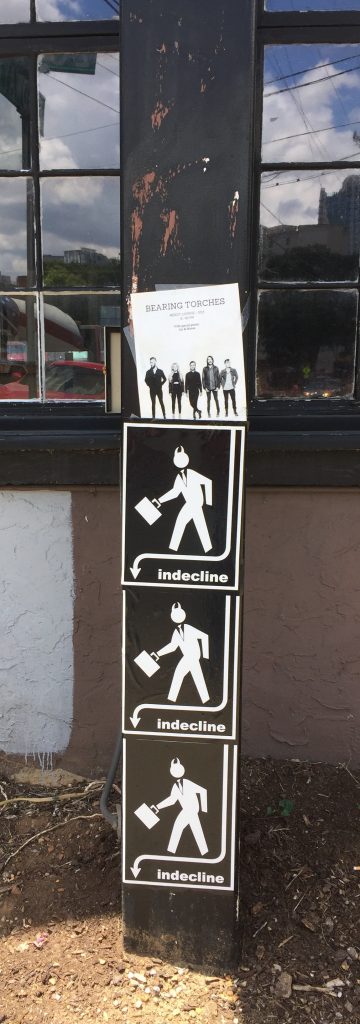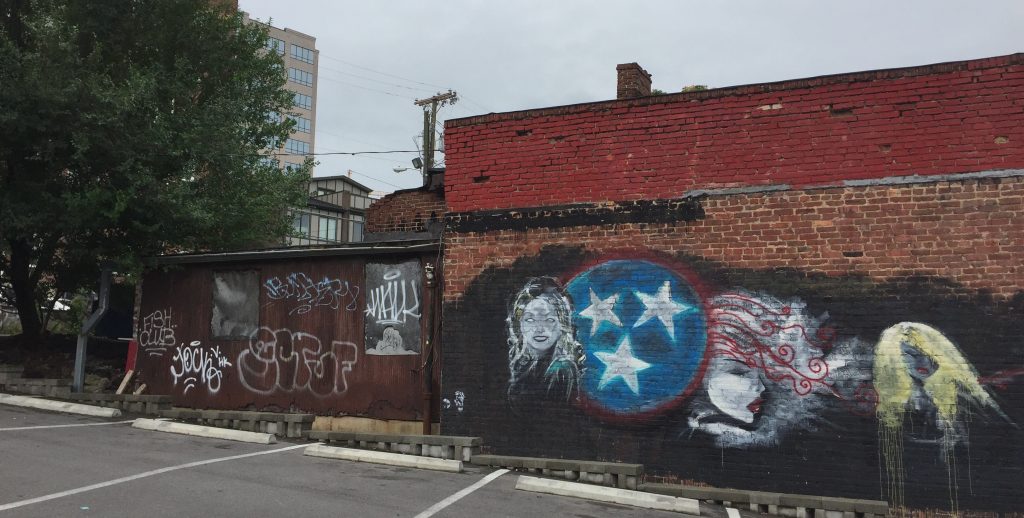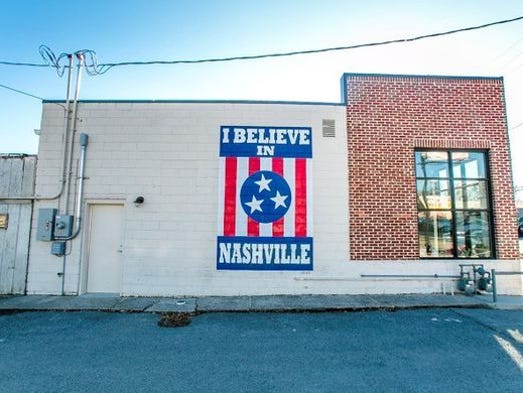A La Mode.
 When I was a kid there were certain things about adults that I assumed I’d understand once I became one, like why they’d rather watch the evening news than Sesame Street, although this is one of those things I still don’t understand. Mostly, though, it was expressions adults used, like when they were going on a trip and they’d say they were “going out of town”. We lived in the suburbs which I already thought was outside of town, wherever town was—I’d been to downtown but never, as far as I knew, uptown, and what they really meant was that they were taking a vacation and going to another town and I just realized I was doing terrible observational comedy when I was five, albeit only in my head, but that’s another story.
When I was a kid there were certain things about adults that I assumed I’d understand once I became one, like why they’d rather watch the evening news than Sesame Street, although this is one of those things I still don’t understand. Mostly, though, it was expressions adults used, like when they were going on a trip and they’d say they were “going out of town”. We lived in the suburbs which I already thought was outside of town, wherever town was—I’d been to downtown but never, as far as I knew, uptown, and what they really meant was that they were taking a vacation and going to another town and I just realized I was doing terrible observational comedy when I was five, albeit only in my head, but that’s another story.
One of those expressions I never hear anymore, one I even stopped hearing long before I came an adult, and that I kind of miss is “like it was goin’ out of style”. This always described someone doing something really aggressively. “I was so hungry I sat down and ate peanut butter and crackers like it was goin’ out of style,” I remember an adult saying, or “Vernon was raking up those leaves in his yard like it was goin’ out of style.” Based on our yard in late fall I think most people would guess that raking leaves really has gone out of style, and if eating peanut butter and crackers has gone out of style, well, I guess I’ll just be a fat fashion faux pas. It was a weird and kind of funny expression that even now doesn’t make a lot of sense. Why would someone start really plowing into something because it was going out of style? Did going out of style mean it was in danger of going away? And if so why not just let it go? I guess it all depended on why it was going out of style in the first place. Some things—bellbottoms, teased hair, and shoulder pads—went out of style because they were really bad ideas, and good riddance, although I realize sounding so makes me sound like a cranky old guy standing on my porch telling you damn kids to get off my leaves. And if I complain that we’ve lost some genuinely good things because we put too much stock in what supposed stylemakers tell us I’m going to sound like an even crankier old guy and you’d be justified in wondering what kind of leaves I’ve been smoking. While the society I live in still has a long way to go toward true egalitarianism there does seem to be a looser approach to style and a greater tolerance of individuality than there once was. Tattoos and hair dyed all the colors of the rainbow used to mark a person as an outsider, but now, well, it’s not just the Isley Brothers who say it’s your thing, do what you wanna do.
Maybe that’s why the expression “goin’ out of style” is no longer fashionable and why I don’t hear it anymore. I’d still like to bring it back, and I plan to start using it myself. I’m going to use it every chance I get. You might even say I’ll be using it like, well, like someone who says it a lot.















